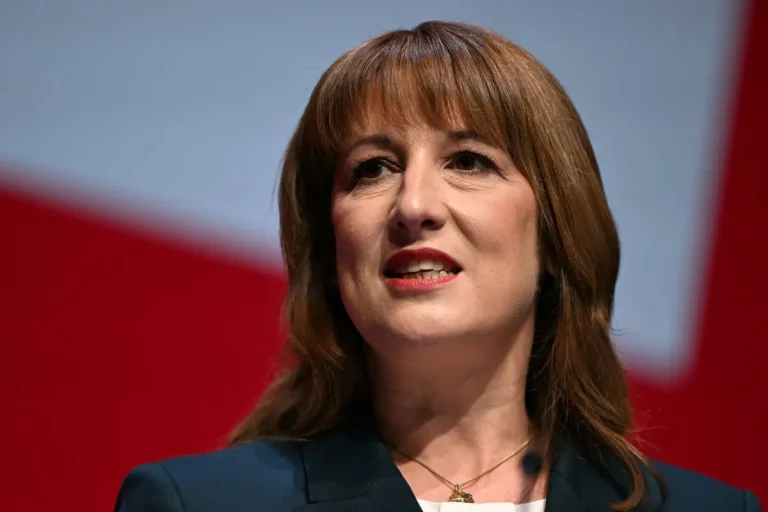🎧 Listen to This Article
Reeves Considers Further Tax and Spending Measures
Chancellor Rachel Reeves has indicated she is exploring “further measures on tax” ahead of the UK Budget on 26 November, signaling that additional tax hikes could be on the horizon. Speaking to broadcasters ahead of an international finance summit in Washington, Reeves emphasized the need to maintain economic and fiscal stability.
Context: Fiscal Pressures and Economic Challenges
The chancellor faces mounting fiscal pressures following increases in borrowing costs, expected downgrades to productivity, and prior U-turns on welfare reforms. Analysts estimate that around £20 billion may need to be raised through taxes or spending cuts to meet the government’s financial rules, which require debt to fall as a share of national income by 2029-30.
Tax Options Under Consideration
While Reeves and Treasury ministers have remained tight-lipped, several options are reportedly being evaluated:
- Freezing income tax thresholds beyond 2028, potentially pushing more taxpayers into higher bands.
- Adjusting property taxes, including extending National Insurance obligations to landlords’ rental income.
- Raising taxes on gambling firms, which Reeves has indicated may have “a case” for higher contributions.
Previous Measures and Political Constraints
Reeves previously announced tax rises worth £40 billion in her first Budget, including payroll tax increases for employers. Labour’s 2024 manifesto, however, limited her ability to raise major taxes such as income tax rates, VAT, corporation tax, and National Insurance, constraining options for new revenue-raising measures.
Spending Cuts: Politically Sensitive
The chancellor also flagged that further measures could include adjustments to public spending. Yet, many Labour MPs consider widespread cuts politically unviable following failed welfare reform attempts earlier this year. The day-to-day departmental budgets were recently finalized for the next three years, making immediate large-scale cuts unlikely.
Broader Economic Context
The IMF predicts the UK will be the second-fastest-growing advanced economy in 2025 but also expects the highest inflation among G7 nations, fueled by rising energy and utility costs. Conservatives have proposed £47 billion in spending cuts if they win the next election, highlighting a clear ideological divide over taxation and public spending.
Opposition Criticism
Shadow Chancellor Sir Mel Stride criticized the government’s approach, warning of a “tax doom loop” driven by economic mismanagement. He highlighted rising inflation, ballooning debt, and high borrowing costs as evidence that tax hikes could compound economic pain.



